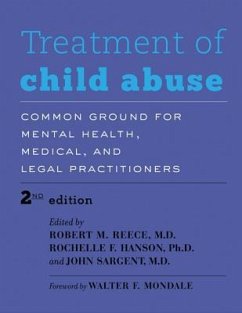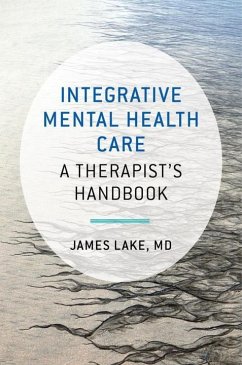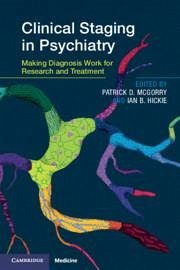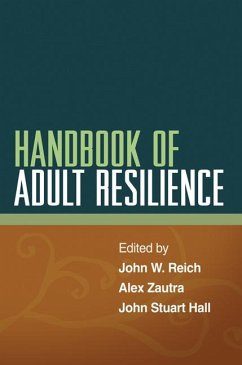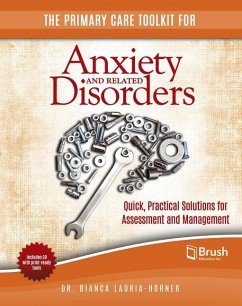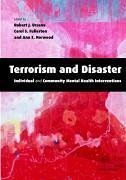
Terrorism and Disaster Paperback
Individual and Community Mental Health Interventions
Herausgeber: Ursano, Robert J; Norwood, Ann E; Fullerton, Carol S
Versandkostenfrei!
Versandfertig in über 4 Wochen
93,99 €
inkl. MwSt.

PAYBACK Punkte
47 °P sammeln!
This follow-up book to Ursano et al.'s earlier title Individual and Community Responses to Trauma and Disaster expands the focus on terrorism. There is widespread belief among professionals that terrorism (and torture) produce the highest and most diffuse rates of psychiatric sequelae of all types of disaster. This book's international experts assess the lessons learned from the most recent atrocities. They look at prevention, individual and organizational intervention, the effect of leadership, and the effects of technological disasters and bioterrorism/contamination. Also available Individua...
This follow-up book to Ursano et al.'s earlier title Individual and Community Responses to Trauma and Disaster expands the focus on terrorism. There is widespread belief among professionals that terrorism (and torture) produce the highest and most diffuse rates of psychiatric sequelae of all types of disaster. This book's international experts assess the lessons learned from the most recent atrocities. They look at prevention, individual and organizational intervention, the effect of leadership, and the effects of technological disasters and bioterrorism/contamination. Also available Individual and Community Responses to Trauma and Disaster 1994 0-521-41633-7 Hardback $135.00M 0-521-55643-0 Paperback $59.00M



